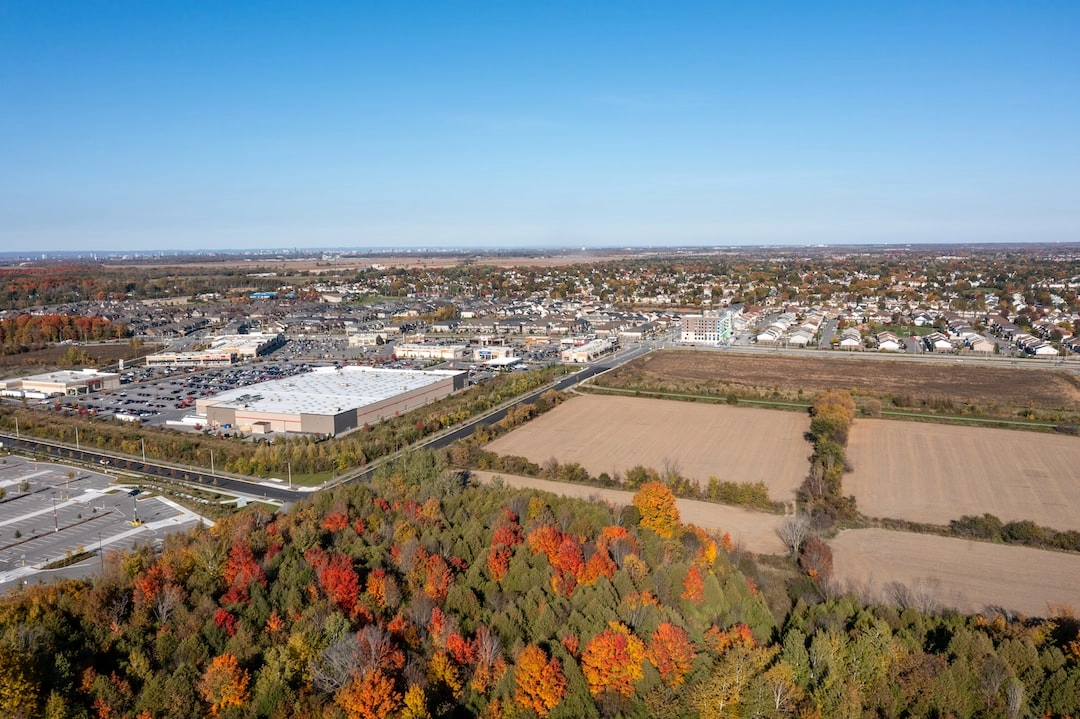What is Eco-Friendly Logistic Solutions?
Eco-friendly logistic solutions refer to sustainable practices adopted in the transportation and distribution sector to minimize negative environmental impacts. It involves incorporating strategies aimed at reducing carbon emissions, improving energy efficiency, and minimizing waste throughout the supply chain. These solutions prioritize the efficient use of resources and prioritize sustainability for long-term environmental benefits.
Real-World Problems Associated with Eco-Friendly Logistic Solutions
As the global demand for goods continues to rise, the logistics industry faces several challenges in implementing eco-friendly practices. These challenges include:
1. High Energy Consumption:
Traditional logistics operations heavily rely on fossil fuels, resulting in significant energy consumption and greenhouse gas emissions. Finding ways to reduce energy usage while maintaining operational efficiency is a key challenge.
2. Emission Reduction and Air Pollution:
Transportation is a major source of air pollution, contributing to climate change and negative health impacts. Developing alternative fuel options and implementing clean technologies are essential to reduce emissions and improve air quality.
3. Infrastructure Limitations:
The lack of adequate infrastructure to support eco-friendly logistics is a challenge in many regions. Insufficient charging stations for electric vehicles, limited access to sustainable transport modes, and outdated supply chain networks pose obstacles to implementing environmentally-friendly solutions.
4. Cost and Economic Viability:
Implementing eco-friendly logistics solutions often requires upfront investments and changes in operational processes. Some organizations may perceive these changes as costly and may hesitate to adopt sustainable practices. Demonstrating the long-term economic benefits and ROI of eco-friendly solutions is crucial to encourage widespread adoption.
5. Collaboration and Industry Engagement:
Creating a sustainable logistics system requires collaboration among various stakeholders, including manufacturers, transportation providers, retailers, and consumers. Encouraging industry-wide engagement and fostering partnerships is key to driving change at a larger scale.
In the next sections, we will delve deeper into the various strategies and case studies that showcase successful eco-friendly logistic solutions and highlight the positive environmental impacts they have achieved.

Solutions for Eco-Friendly Logistic Solutions
Addressing the real-world problems associated with eco-friendly logistics requires implementing various solutions that promote sustainability and reduce environmental impacts. Some key solutions include:
1. Adoption of Renewable Energy Sources:
Transitioning from fossil fuels to renewable energy sources, such as solar power or electric vehicles, significantly reduces carbon emissions. Integrating renewable energy into logistics operations helps reduce the industry’s carbon footprint and dependency on non-renewable resources.
2. Embracing Technology and Innovation:
Leveraging technology and innovation can drive efficiency gains and optimize logistics systems. Utilizing advanced analytics, route optimization software, and Internet of Things (IoT) devices can reduce energy consumption, optimize delivery routes, and enhance supply chain visibility.
3. Implementing Sustainable Packaging Solutions:
Reducing packaging waste and using eco-friendly materials are essential steps in creating a more sustainable logistics system. Employing reusable packaging, minimizing excessive packaging, and utilizing recyclable materials can significantly reduce waste and environmental impact.
4. Collaboration and Partnerships:
Collaboration among stakeholders within the logistics industry is crucial for driving eco-friendly solutions. Building partnerships between manufacturers, transporters, and retailers can foster knowledge sharing, resource pooling, and jointly developing sustainable initiatives.
5. Education and Awareness:
Educating industry professionals and raising awareness among consumers about eco-friendly logistics is important for generating demand and support for sustainable practices. Promoting the benefits and positive environmental impacts of eco-friendly solutions can drive behavior change and encourage wider adoption.
By implementing these solutions and embracing sustainable practices, the logistics industry can contribute to a greener future while meeting the growing demand for goods and services. Adopting eco-friendly logistic solutions paves the way for a more sustainable and resilient supply chain system.













